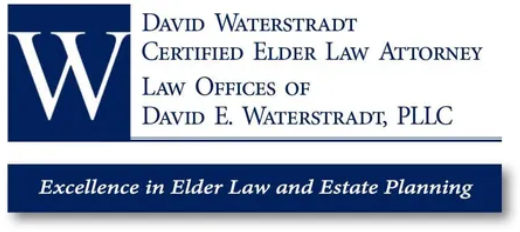950 W Norton Ave Ste 405 Muskegon, MI 49441

A Powerful Tool for Protecting Your Assets
Married couples do not have to give assets away, and run Medicaid’s 5 year look back period and potential divestment penalties, to protect assets from a nursing home spend down. Why? Because federal law allows a married couple to leave assets to the surviving spouse in a testamentary trust (i.e., a trust created under the terms of a Will) that is not countable by Medicaid if the surviving spouse needs nursing home care. Assets left to such a trust are gifts to a spouse, and are therefore, not subject to a 5 year look back or divestment penalties. The surviving spouse can be the sole beneficiary of the trust and have access to the trust assets. However, a third party must serve as trustee, such as a child or other friend or relative (or even a professional trustee). Distributions from the trust to the surviving spouse must be discretionary. And, of course, the biggest caveat is that a testamentary trust does not protect assets unless and until one of the married couple dies, there by activating their Will. Nonetheless, this is a powerful way to protect one’s estate from nursing home expenses with out having to give them away. The trust can even be funded without probate by using beneficiary designations and pour over provisions from a revocable living trust.
What if one of the couple needs nursing home care before either has died? Well, in that case, Medicaid has a formula that protects a certain amount of asses for the spouse living at home. What if the couple has more assets than the formula amount? Excess assets can be protected for the spouse living at home by converting them into income for the spouse at home with a Medicaid compliant annuity or promissory note.
Additional planning options are available for single adults.
Gaining Medicaid coverage of nursing home expenses is a difficult and complicated process. Mistakes can be very costly, resulting in month of additional private pay at rates often exceeding $8,000 per month. Let us make it easy for you. Consulting with a certified elder law attorney early in the process often means that you will save more of your assets and the cost of the attorney fees will usually be more than made up by the long term care cost savings. If you have a loved one who needs to become Medicaid eligible, it is important that you consult with us as soon as possible because timing is everything. We look forward to helping you and your family.







Navigation
Contact Info
Tel:
231-773-1169
Fax: 231-773-1179
950 W Norton Ave Ste 405 Muskegon, MI 49441
- Mon - Fri
- -
- Saturday
- Appointment Only
- Sunday
- Closed
Get In Touch
Contact Us
We will get back to you as soon as possible.
Please try again later.




